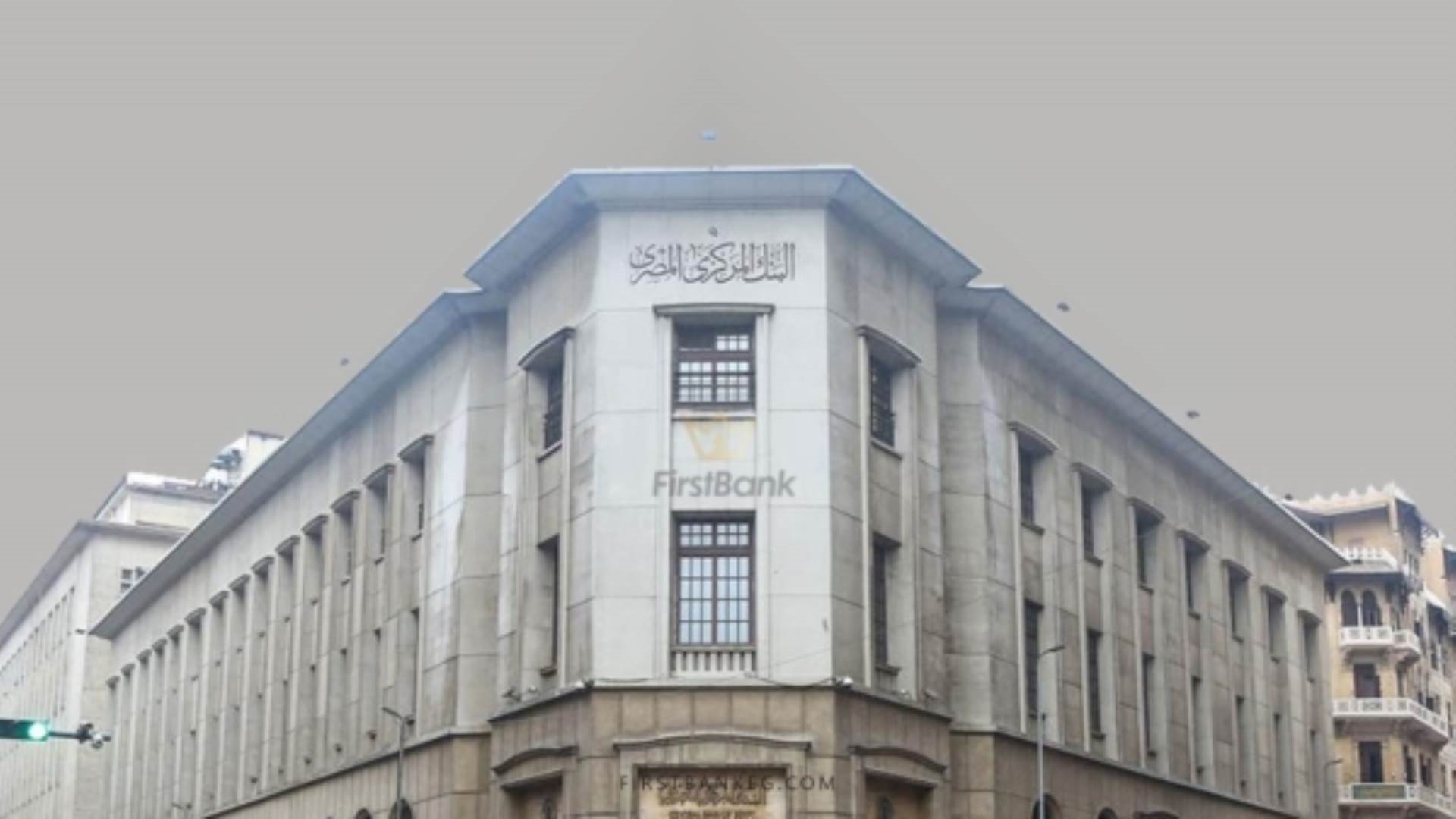Would the prices train ever stop especially after CBE recent decisions?

What is the fate of the prices of goods and services in Egypt after the Central Bank’s decision to raise interest rates and adopt flexible exchange rate?
In March 2022, the Central Bank of Egypt (CBE) devalued the Egyptian pound by 14 percent in response to the global economic downfalls caused by the war. Later in October of the same year, the Egyptian pound slid by another 14 percent, against the United States dollar, reaching EGP 24 against USD 1.
This decision impacted mostly all sectors in the economy, so First Bank will explore the effects of CBE’s decision on the Egyptian market.
It is expected that there will be two different impacts on the prices of goods and services in Egypt:
The rise in interest rates may help in reducing the money supply or restrict its growth as a result it is expected that goods and services would witness decrease in demand which would lead to stability or decline of commodity prices in the market.
However, CBE’s decision to liberalise exchange rate is expected to result into an increase in the cost of import, and thus direct increases in the prices of imported goods. A rise in the prices of raw materials used in local manufacturing is also expected which would lead to an increase in the prices of local brands.
If the effect of the exchange rate is stronger than the effect of raising interest rates, prices will rise, and if the opposite happens, prices will decrease.
Yet, it seems that the price of goods and services is likely going to rise on the back of continued global inflation, and the rise in the prices of raw materials and production components which will undoubtedly lead to an increases in the prices of goods and services in Egypt.







